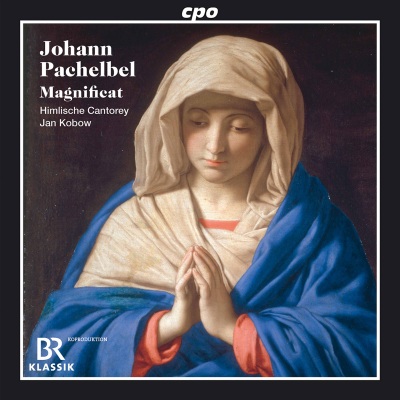
Magnificat
Mikolaj Górecki, Giya Kancheli, Arvo Pärt, and Finnish composers such as Rautavaara and Sallinen have shown that contemporary music can be immediately appealing and emotionally moving, that tonality has not at all said everything. Milan Mihajlovic definitely has his place on this list of prominent contemporary composers, and it is high time for him to receive due recognition from us in the West. Born in Belgrade, he began teaching in the field of music theory in the music department at the University of Belgrade in 1975, holding positions ranging from assistant to full professor. In 1998 he also began teaching in the field of composition. He was able to bring about a very successful internal musical dialogue between the discourse of the “Polish school” and the classicizing style in 1983 in his Notturni for String Quartet and Wind Quintet, in which richly interrelated nocturnal sound pictures are boldly combined with hidden quotations. Mihajlovic executed this feat through the practical use of avant-garde and classical compositional techniques rooted in the vertical structures of the “Scriabin mode.” This musical concept for deriving the formal perfection of clear linear construction and skilled instrumentation from a personal expressive world characterizes all the works written by Mihajlovic since the mid-1980s. The thematic design is often reduced to little core elements – often over ostinato layers and pedal points – from which the motifs and lines of the musical world are created. The composer inspects his masterful compositional technique by “thematizing the thematic procedure,” – in other words: by producing his foundational materials on the basis of a small number of intervals. These core elements, which he employs in manifold and always original ways, are omnipresent in the flow of his music. So much for theory – this music is an absolute listening must!
